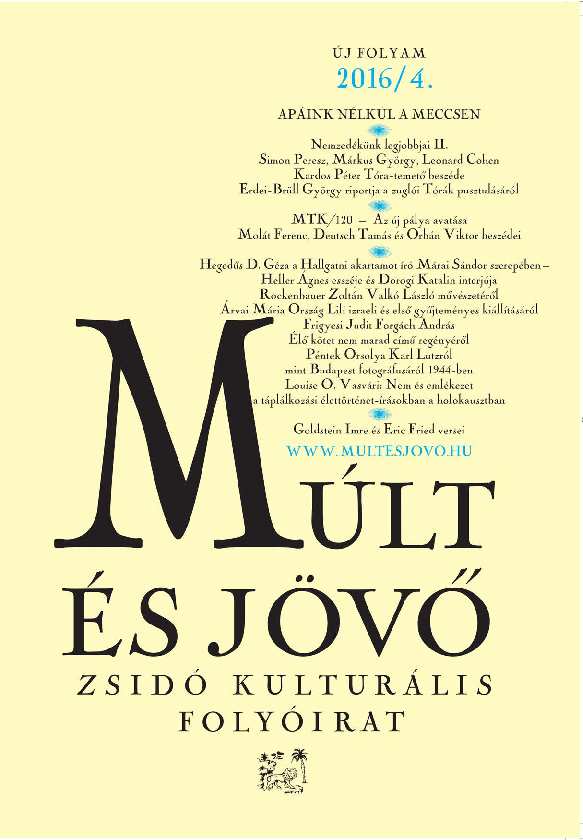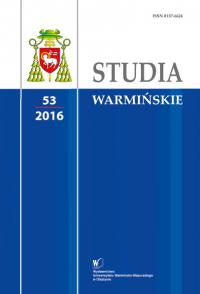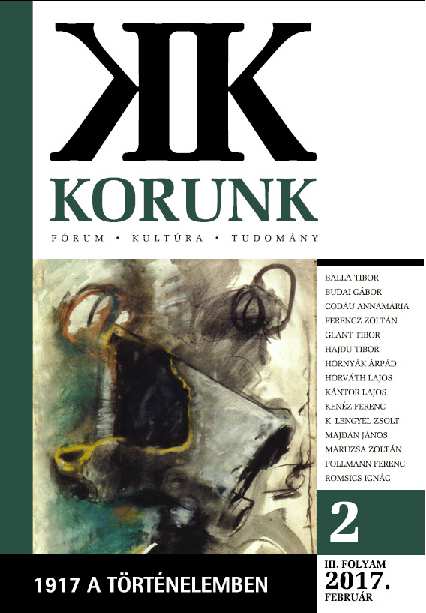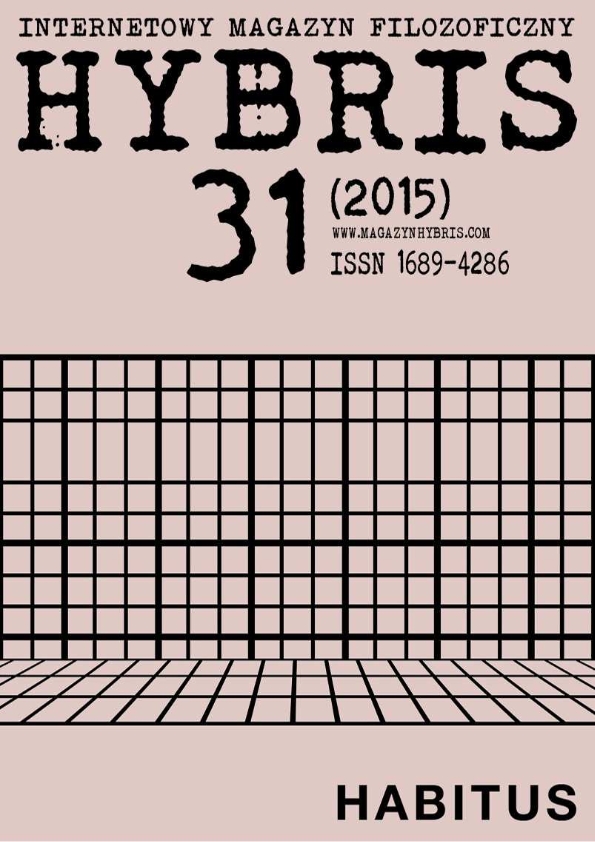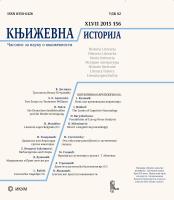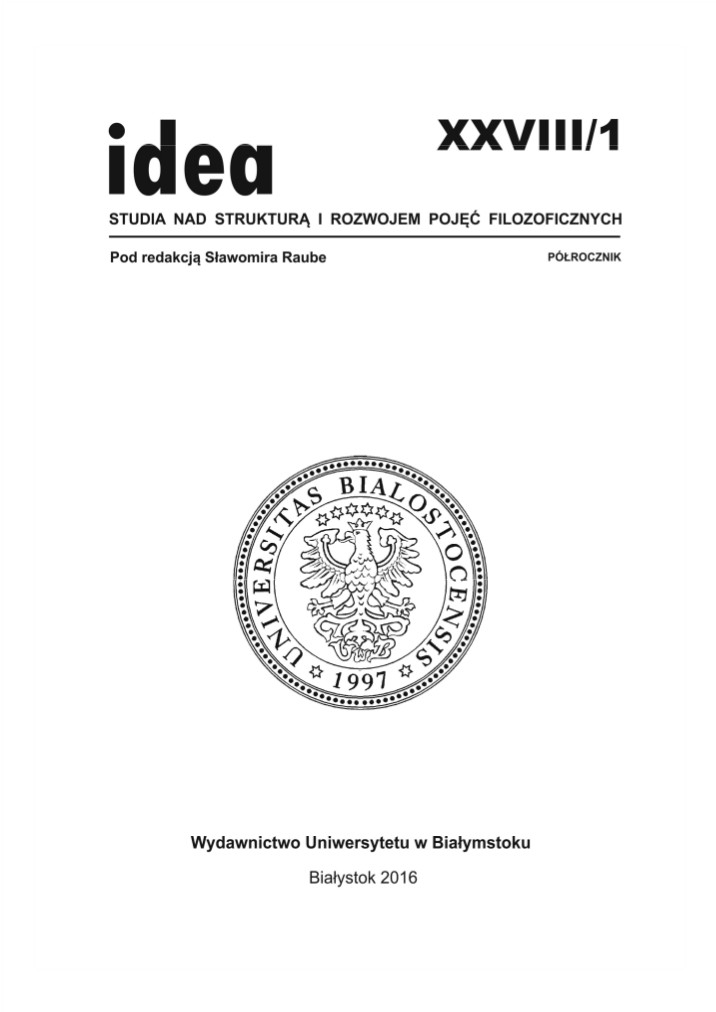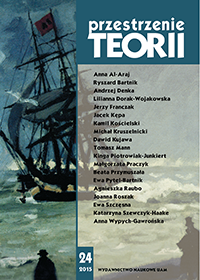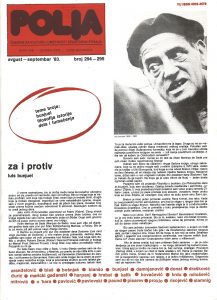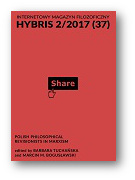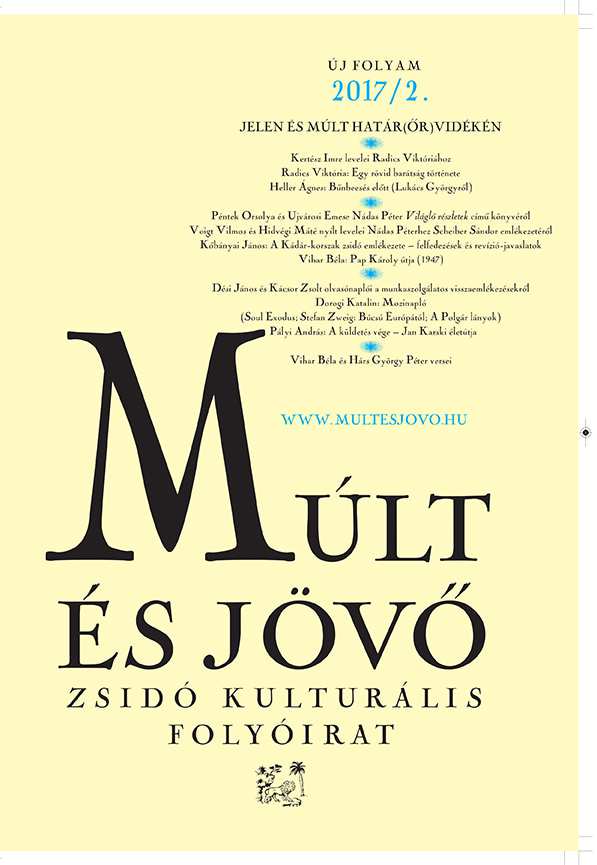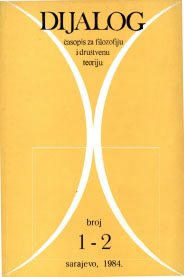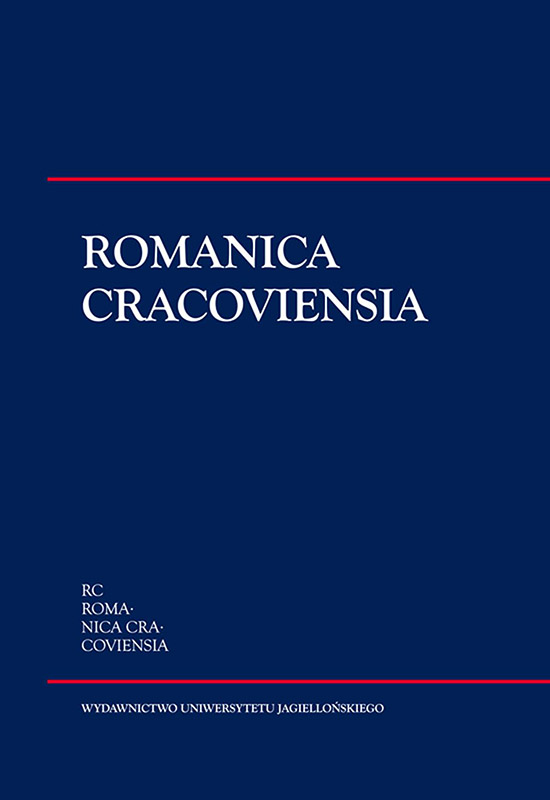
Rousseau: la nature et le sublime
The metaphysical idea of “nature” is one of these tuning ideas of the philosopher of the Enlightenment, Rousseau. On one side, we see the romantic and wild picture of nature, like “the ocean, the mountains, the rocks, the waterfalls”, on the other side there is nature tamed by the humans. The mountain’s soul looked like phenomenon of unexpected (something which surpasses the expectations and reveal the dramatized, restless nature), is something which escapes its being (in the metaphysical sense) and which confronts this soul in a kind of terror. Also we underline that the sublime of the mountain provokes some sort of terror. The push of Rousseau’s thought shows nature as an association with the state of the soul within an internal experience. We can conclude that the “polarity of the subjective – (emotional) inner and of the objective external (the natural world)” opens the possibility to question this dispute.
More...
